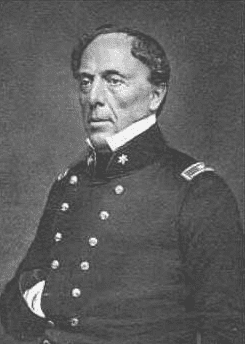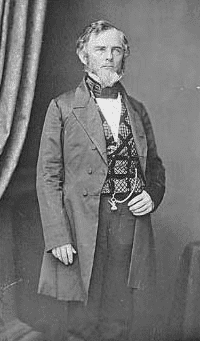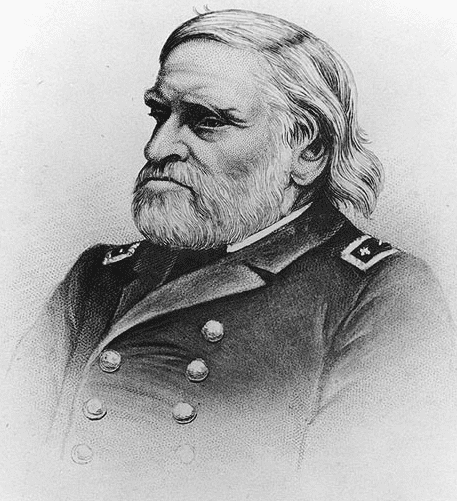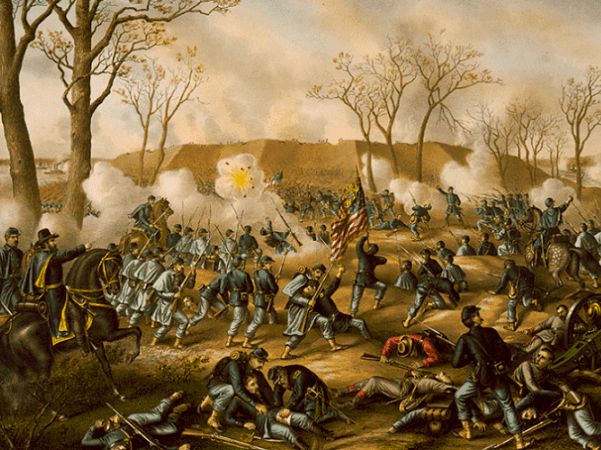Historical newspapers not only report the vital statistics about your ancestors, they also provide glimpses into their lives not available from government records – such as letters to the editor, photos, and even poems published in the local paper. These newspaper articles give details about your ancestors as individuals, as well as helping us understand the times they lived in and what they were going through.

The following poem is a good example, published on this day in 1862. Although probably never published in book form, it still lives on thanks to a long-ago editor’s decision to publish it in the newspaper.

This poem, “The Very Last Ditch,” was published by an anonymous poet (identified only as “B.”) when the Civil War was in its second year and it had become painfully obvious that a long, bloody struggle lay ahead.

The poet, clearly a supporter of the Union cause in the war, is disparaging the Confederacy’s resolution to fight to the last man and win at all costs – or, failing victory, to go down fighting, “in the last ditch to die.”
The poet points out that in several battles already fought in the war, Confederate leaders chose to run rather than fight to the end – including the three Confederate generals (Floyd, Pillow, and Beauregard) and one Confederate captain (Tattnall) illustrated in this blog article.
Here is a transcription of this poem:
The Very Last Ditch
When rude rebellion o’er the land
Ran up its flag on high,
It swore to win, or foiled in that,
In the last ditch to die.
At Hilton’s Head, the chivalry
Take to their heels and fly,
The sea not being deep enough
For a ditch in which to die.
At Donelson, the traitor Floyd,
The river being high,
Ran out his boats and stole away,
And lost his chance to die.
Pillow, in digging ditches skilled,
By all that’s great and high
Swore while he’d strength to leap a ditch,
In a ditch he would not die.
And Tattnall in the Merrimac
Would rather resign than die;
For blood, says he, much thicker is
Than water running nigh.
At Pittsburgh Landing, Beauregard,
His charger being dry,
Swore he should drink from the Tennessee,
Or a hotter draught, and die.
The Tennessee he could not reach,
The Yankees being nigh,
But the flames of Styx he’s welcome to
With the torrent rolling high.
The turbid Mississippi’s stream
Flowing New Orleans by,
Once filled the ditch when Jackson fought,
But now that ditch is dry.
O foolish boast and impotent!
Who are most quick to fly
And seize the sword, are not the men
In the last ditch to die.
But they who weighing well their cause
Its truth and right descry,
In the first ditch will quell the foe,
Or in the last ditch die.
— B.
San Francisco, June 20, 1862.
Related Articles:
